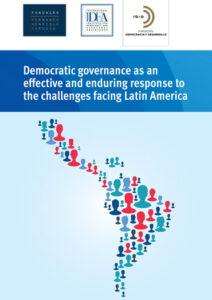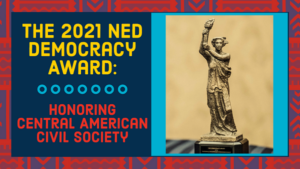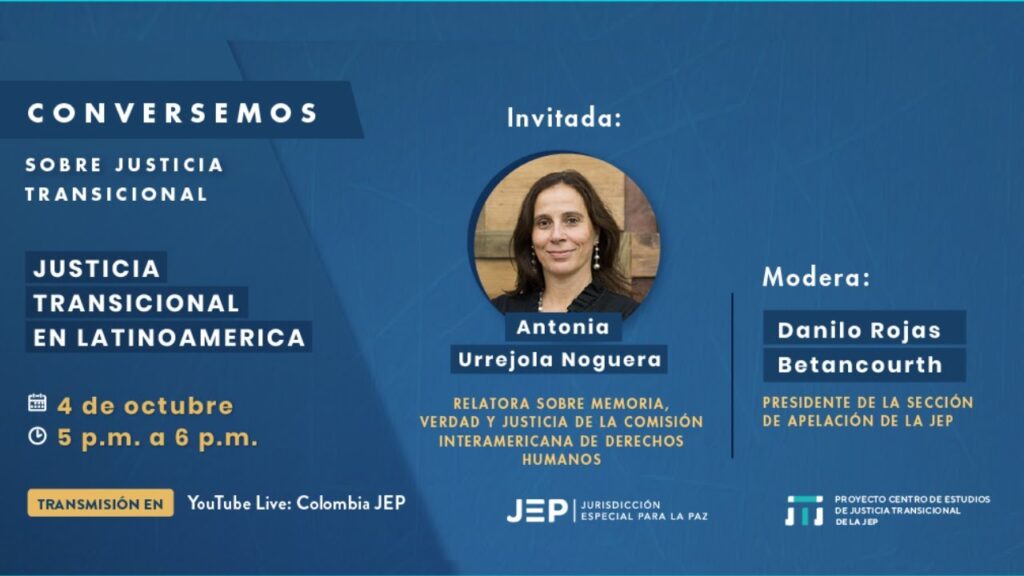 Democracy is being harassed everywhere and Central America is suffering, too. Yet in this small corner of the Western hemisphere, the consequences of democratic breakdown could be especially dire for the United States and its neighbors, notes Luis Guillermo Solís, the interim director at the Kimberly Green Latin American and Caribbean Center at Florida International University and the former President of Costa Rica.
Democracy is being harassed everywhere and Central America is suffering, too. Yet in this small corner of the Western hemisphere, the consequences of democratic breakdown could be especially dire for the United States and its neighbors, notes Luis Guillermo Solís, the interim director at the Kimberly Green Latin American and Caribbean Center at Florida International University and the former President of Costa Rica.
Three recent developments on the international front also represent reasons to be optimistic, he writes for Americas Quarterly:
- First is the decision of the presidents of Costa Rica, Panama and the Dominican Republic to form the Alliance for Development in Democracy. ….Coming together at a time when the rest of the region is undergoing a dire turn towards autocracy, these countries are sending a strong signal of their determination to withstand the pitfalls that the rest of “undemocratic” Central America represents. It hopes to avoid the fate of Central America’s regional organization (SICA), which is currently paralyzed by the lack of agreement and consensus amongst its members….
- Secondly, the United States seems to be fine-tuning its regional strategy. The Biden administration’s plan to provide up to $4 billion in aid to reduce poverty, deprivation, unemployment and public insecurity in the Northern Triangle countries remains a positive and welcome initiative. If strictly monitored and forcefully implemented, the Biden plan can still be pivotal for the recuperation of certain minimal conditions indispensable for democratic build-up – among which transparency, respect for human rights and the rule of law are central. Ensuring a positive outcome from U.S. cooperation with Honduras under a new administration will be of utmost importance to this end.
 Finally, Vice President Kamala Harris has detailed ongoing efforts to promote private investments in the region. So far, several well-known venues have pledged up to $1.2 billion in fresh investments in the Northern Triangle over the next few years. A key component of this process will be “nearshoring,” the relocation of supply chains closer to the U.S. mainland. This could be a promising new opportunity to move U.S. support away from humanitarian aid towards a more sustainable effort than can support itself in the long term, regardless of future political whims.
Finally, Vice President Kamala Harris has detailed ongoing efforts to promote private investments in the region. So far, several well-known venues have pledged up to $1.2 billion in fresh investments in the Northern Triangle over the next few years. A key component of this process will be “nearshoring,” the relocation of supply chains closer to the U.S. mainland. This could be a promising new opportunity to move U.S. support away from humanitarian aid towards a more sustainable effort than can support itself in the long term, regardless of future political whims.
With China and Russia roaming around Central America, however, support must come accompanied by geopolitical clarity, Solís adds. RTWT
And a fourth reason to be cheerful…..
Chilean President-elect Gabriel Boric has selected democracy advocate Antonia Urrejola, former president of the Inter-American Commission on Human Rights, as the country’s new Foreign Minister. An outspoken rights defender, particularly in Cuba, Venezuela and Nicaragua during her time at the Inter-America Commission, she was a speaker at the National Endowment for Democracy’s 2021 Democracy Award.








